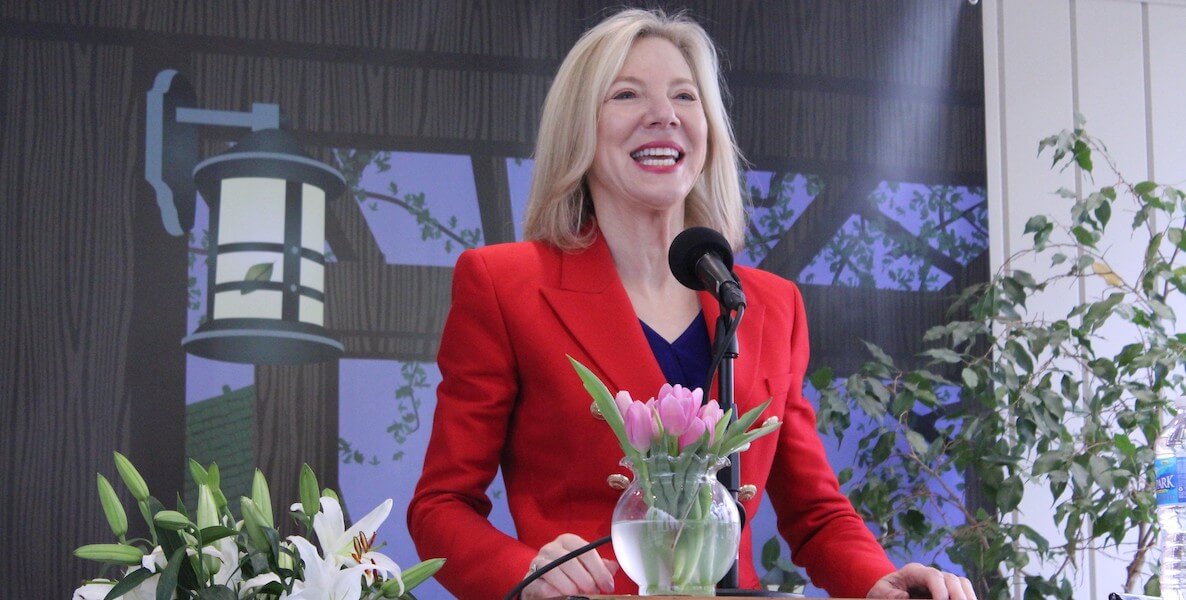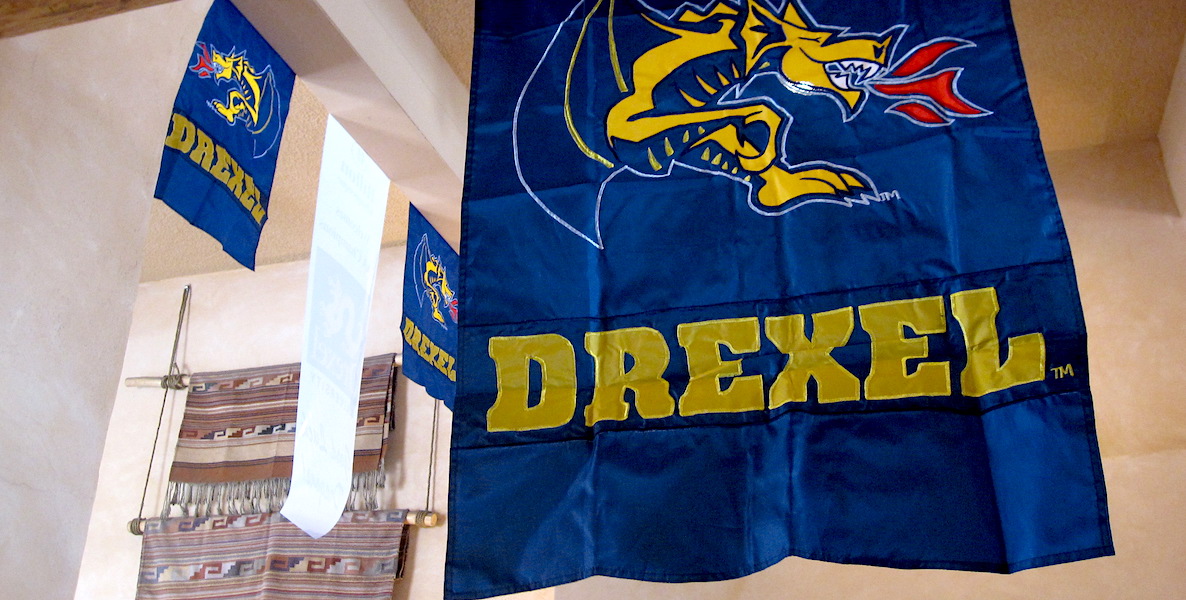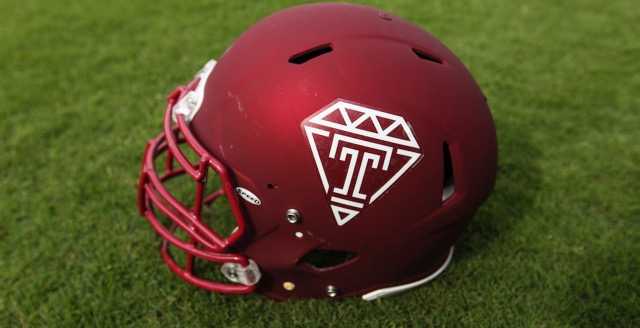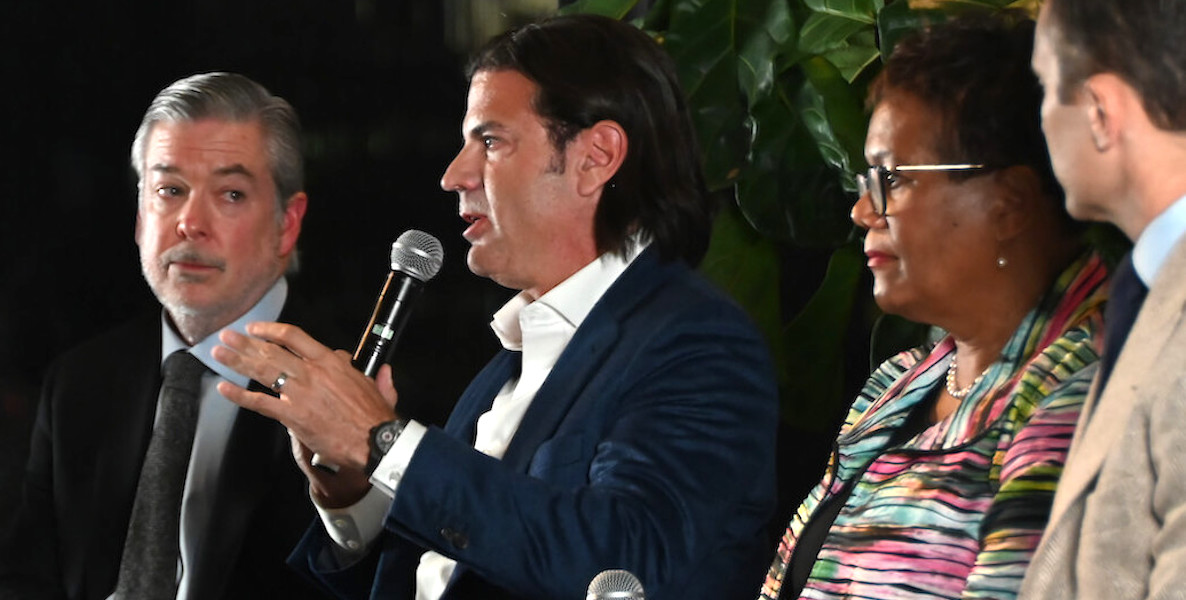The U.S. News and World Report rankings of colleges and universities are bogus, useless, and sometimes fraudulent. If you ever had doubts, please refer to the guilty verdict in the federal trial of former Temple Business School Dean Moshe Porat.
There’s a lot of blame to go around, but let’s focus for a moment on the responsibility of U.S. News and World Report. They affirm that they do not audit the numbers submitted by universities. In other words, no one checks the submitted information. U.S. News claims that they don’t have the resources to do the checking, even though the magazine’s profits have sky-rocketed mainly because of the published rankings.
While it is a sacred obligation for universities and colleges to report data accurately, the better course of action in the case of U.S. News and World Report surveys is to boycott them all together.
The U.S. News rankings originated in 1983 to save a failing news magazine. And, oh my, did that marketing strategy succeed. What the magazine has gained, the nation as a whole has lost.
Millions of prospective students are misled into thinking that the best colleges and universities are the ones that reject the most applicants. This year the “best” universities are also listed as having the “best value.” They are in rank order Yale, MIT, and Harvard. Sure, the best value for the 3 to 4 percent who are admitted.
RELATED: It’s time to reconsider how we select—and fund—colleges
Over the years U.S. News has tinkered with its formula. But whatever they do, the richest and most selective schools still win and, as Valerie Strauss says in the Washington Post, the rankings are still ridiculous.
Since 1983, many have written about the harm done by the U.S. News and World Report rankings. Walt Hickey says it best in his Business Insider headline:
“College rankings have made school less affordable, less equitable, and more miserable for students. The pandemic exposed just how broken the system is.”
Hickey points out that the U.S. News definition of academic excellence includes selectivity, test scores, grades, and institutional resources. No credit is given for mentoring, advising, or guidance on life design.
The pandemic has increased the damage. As Hickey says, “During the pandemic, students needed academic flexibility. Thanks to the rigors of rankings, they did not get it. When graduation and retention is 35 percent of their score, colleges simply could not afford to have students transfer out, or defer their graduation or pause their enrollment, because that could have a disastrous impact on their completion rate.”
So why do the U.S. News and World Report rankings continue to exert so much power? One reason is that Americans love lists. I have just enjoyed reading Parade’s list of “The 150 Best Christmas Songs of All Time.”
The rankings are not equivalent to product comparisons in Consumer Reports. An education is not the same as a dishwasher. We can judge a dishwasher in terms of predicted reliability, washing, drying, and energy use. Not so with an education.
I can compare my judgment with those who have compiled the list and no harm done. But the college rankings are a different matter entirely. By touching hot buttons of elitism and snobbery, they do real damage.
The rankings are not equivalent to product comparisons in Consumer Reports. An education is not the same as a dishwasher. We can judge a dishwasher in terms of predicted reliability, washing, drying, and energy use. Not so with an education.
So what should prospective students do? For the list-obsessed, there are better informed rankings. The Washington Monthly lists are an improvement over U.S. News, but all rankings have flaws. Technology simplifies research on colleges and universities. For those who are looking for MBA programs and wish to compare Temple’s Fox School of Business, Penn’s Wharton School, and Arcadia University’s School of Global Business, visit the websites. There you will find information about course offerings, faculty, and accreditation.
For students and families deciding on undergraduate colleges and universities, I suggest searching the web pages for the following:
- How does the institution describe its first-year program? Does it offer small classes taught by full-time faculty members?
- Does the college or university describe writing across the curriculum—a sure sign that undergraduate education is important?
- Does the college or university emphasize mentoring? Does it offer opportunities to build social capital? Will advisors help students with life design?
Be wary, of course, of MBA and undergraduate programs that tout their ranking in U.S. News and World Report.
For colleges and universities, I urge boycotting the U.S. News surveys. Be principled and brave. Follow the example of Reed University in Portland.
It would be most helpful if those now ranked high by U.S. News would lead the boycott. Don’t submit information for next year’s rankings. And stop advertising your current score. At the very least, stop structuring your strategic planning around moving up one or two spots.
Years ago, as a senior administrator, I remember being forced to sit for hours with the President and other Cabinet members to try to move the university up a few notches. I’m pleased to report that the university in question has abandoned that practice. But many more continue to game the system.
So as you read about the Temple University scandal, think about the larger cultural issue of college and university rankings. Encourage the colleges and universities you support to plan strategically for student success, not for the endorsement of a magazine.
Elaine Maimon, PhD, is author of Leading Academic Change: Vision, Strategy, Transformation. Follow @epmaimon on Twitter.
![]()
MORE ON EDUCATION FROM THE CITIZEN
Header photo by R. Rabena / Visit Philadelphia









